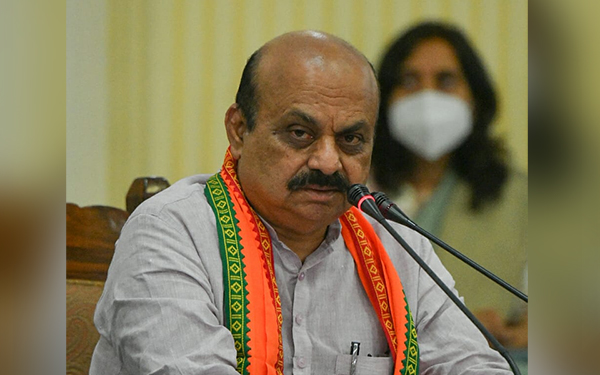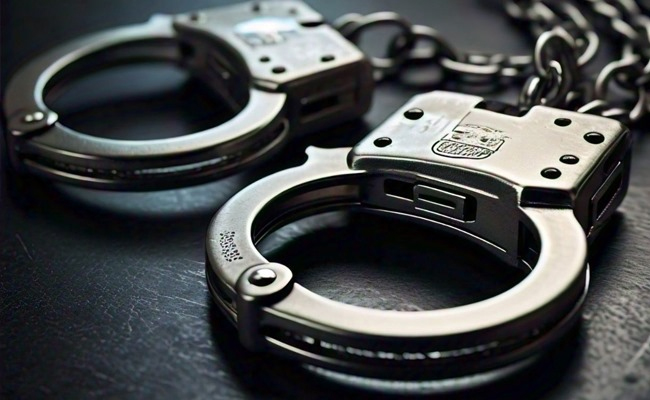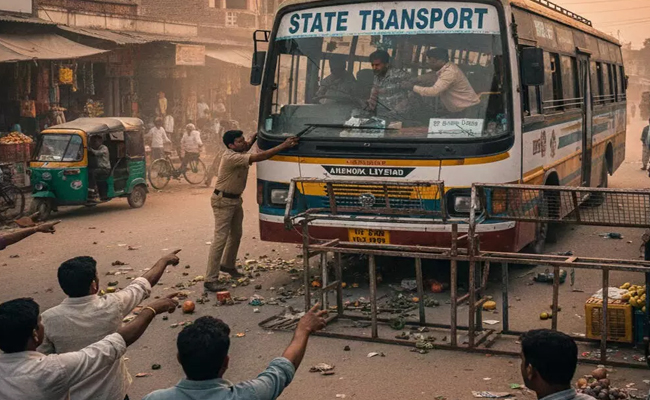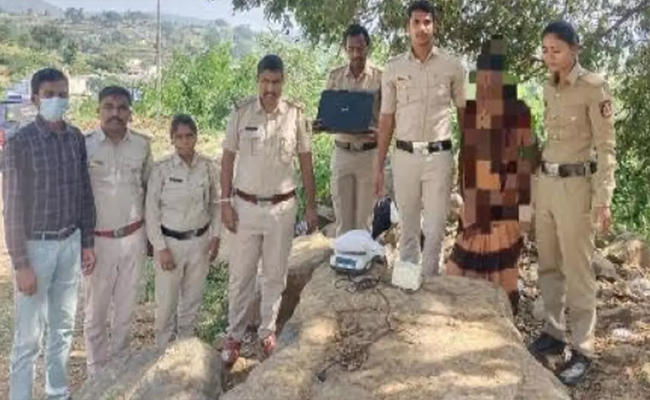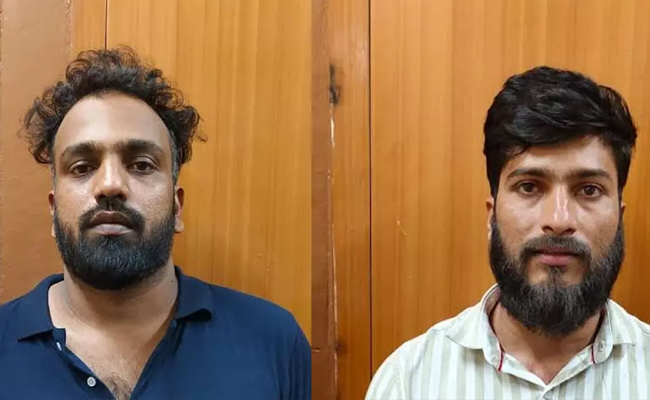New Delhi/Bengaluru, May 20: Karnataka Chief Minister Basavaraj Bommai arrived in the national capital on Friday and his sudden visit, second in less than 10 days, sparked off speculation in political circles, especially within the ruling BJP.
After landing in Delhi, the chief minister directly went to call on a Union minister, sources said.
Though there was no mention about Bommai's meeting with the BJP's central leadership in his official tour programme, some party sources said he was likely to meet them and hold discussions.
While it has raised hopes among ministerial aspirants for a Cabinet expansion, some believe that this might be to discuss the upcoming polls to Rajya Sabha, Legislative Council and local bodies.
Also, the murmurs regarding possible leadership change in the state have refused to die down following the recent developments in Tripura despite the party time and again clarifying that there is no question of Bommai's exit.
The chief minister left Bengaluru for the national capital this afternoon and his return-schedule to Bengaluru has been kept "open".
According to the tour programme released to the media, he is expected to meet Union ministers.
Bommai, who was in New Delhi on May 10 and 11, had met Union Home Minister Amit Shah on the second day and held discussions about the much-awaited expansion or rejig of his Cabinet.
After the meeting, he had said the BJP central leadership would communicate its decision in this regard after discussions and that "anything may happen at any time."
The chief minister is under pressure from aspirants to expand his Cabinet at the earliest, ahead of Assembly polls next year.
Some aspirants said they are of the opinion that at this juncture such an exercise would not be useful, as, they said, the tenure of the new inductees would be very less.
Amid rumours in BJP circles that a top-to-bottom overhaul of the Cabinet cannot be ruled out, ministerial aspirants said they are hopeful of a decision soon regarding Cabinet expansion or reshuffle, and there are talks that even several incumbents could make way for fresh faces.
There are currently five positions vacant in the Cabinet, which has 29 ministers, including the chief minister, against the sanctioned strength of 34.
Some legislators have been advocating a Gujarat-like overhaul of the Karnataka Cabinet soon to make way for new faces.
Shah had visited Bengaluru earlier this month amid buzz over possible changes in the leadership, and pressure to rejig or expand the Cabinet.
Several top BJP leaders, including national general secretary in-charge of Karnataka Arun Singh, former chief minister B S Yediyurappa and state president Nalin Kumar Kateel, had denied any move to replace Bommai.
According to top BJP sources, Shah too was said to have asked Bommai to focus on development and election preparation, and leave the rest to the party leadership.
Bommai had replaced veteran leader Yediyurappa as chief minister in July last year.
However, following Tripura Chief Minister Biplab Kumar Deb being replaced by Manik Saha recently in a sudden development, some party functionaries suggested changes in the state and pointed to Bommai's recent statement that "anything may happen at any time."
"Any such decision regarding leadership or Cabinet exercise, only the high command would know, no one here," said a party functionary in the state.
Let the Truth be known. If you read VB and like VB, please be a VB Supporter and Help us deliver the Truth to one and all.
Bengaluru: Vidyaranyapura police have arrested four persons, including a man posing as a Police Sub-Inspector (PSI), for allegedly breaking into a house, threatening the occupants, and extorting money while wearing police uniforms.
The arrested accused have been identified as Mallikarjuna, Pramod, Vinay, and Hrithik.
Police said the accused had hatched a plan to pose as police personnel, conduct fake raids, and extort money from residents by intimidation.
ALSO READ: Bantwal police arrest two men for illegal sale of narcotics, seize two vehicles, 810 gm ganja
According to the police, Mallikarjuna had failed the PSI examination twice and later falsely projected himself as a PSI. He allegedly conducted photo shoots in his hometown, Siraguppa, wearing a police uniform, baton, cap, and shoes, claiming to be serving as a PSI in Bengaluru.
On December 7, the four accused allegedly went to the house of Naveen in the Vidyaranyapura limits, threatened him with a stick and an iron rod, and claimed they had information that he was selling ganja. Under the pretext of searching, they allegedly extorted ₹87,000 through bank transfer, ₹53,000 in cash kept in the house, and ₹2,000 from his wallet.
Following Naveen’s complaint, Vidyaranyapura police registered a case and launched an operation, leading to the arrest of all four accused. Police have seized ₹45,000 in cash and the car used to commit the crime.
Further investigation is underway.

